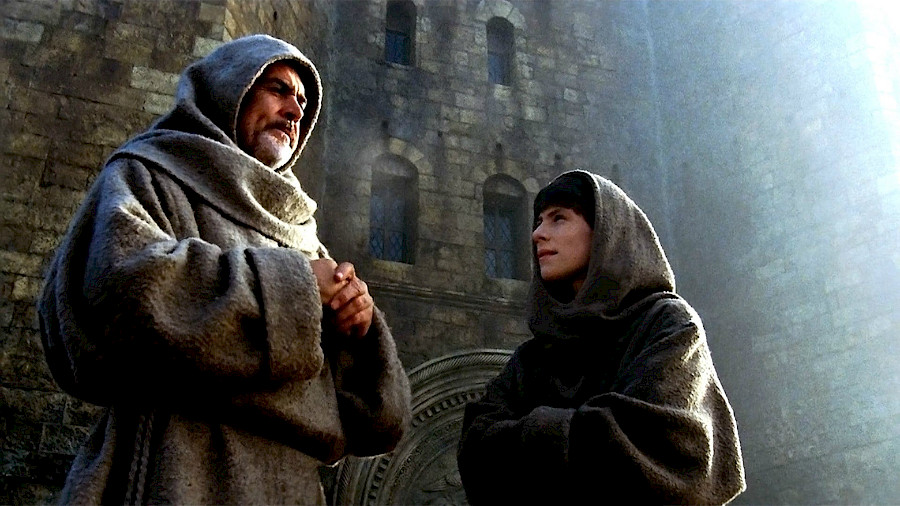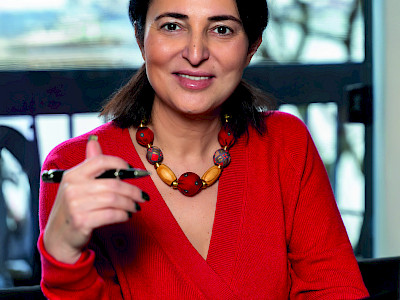
I began writing in March 1978. I felt like poisoning a monk. I think every novel is born from thoughts like these.
The quote belongs to Umberto Eco, who spoke about the process of writing his major work “The Name of the Rose”. A few weeks ago, I finally finished reading this enormous book, pressed the “exit” button, and with satisfaction saw the word “completed” above the cover, then closed my tablet. Oh, these modern books.
Let’s be honest — I was proud of myself. Especially proud that I didn’t abandon the novel halfway and didn’t stop when the first hundred pages seemed excessively heavy. Fortunately, the rest of the novel read very easily and pleasantly. I couldn’t tell whether I had grown accustomed to the medieval style or the style had stopped being medieval. I even joked with my friend that Signor Umberto had deliberately written the first few pages in a difficult language to filter out readers. How surprised and even prouder I was when I found confirmation of my words from Eco himself.
After reading the first hundred pages, my friends at the publishing house suggested that I trim the first hundred pages, which they found excessively serious and dull. I refused immediately. I was convinced that anyone planning to settle into a monastery and spend seven days there must first enter its rhythm. If they cannot do that, then they are not capable of reading my book. That is the purifying, testing function of the first hundred pages.
I am convinced that if someone wants to read about murders in a monastery, it should be done purely out of their own desire, not because of a recommendation from the internet. Therefore, I will not speak about the work itself. I will speak about my experience of reading it.
I could never have imagined that reading about medieval life in a monastery could be so captivating. Umberto Eco literally painted a lettered canvas like some Bosch and layered it with so many medieval facts that I already felt like a medievalist. On top of that, another layer is added—the story of numerous murders. It seems to me that Eco did work no less impressive than the author of Ulysses.
It is worth noting, by the way, that Eco did not fully reveal all the murders, as the genre requires. In his “Fornotes”, he often talks about different interpretations and how he does not want to disclose the book’s plot completely. Overall, “Fornotes” reads like a guide: “How to Create the Image of an Eccentric Author.”
For two years, I refused to answer meaningless questions like, “Is your work open or closed?” How should I know? That’s your problem, not mine.
Umberto Eco himself was engaged in semiology, which is why he loved signs. Let me talk about the most obvious ones. About the title, he said the following: the rose, as a symbolic figure, is so saturated with meanings that it almost has no single meaning. On the other hand, the rose is symbolic in its multi-layered structure, alluding both to the form and the content of the novel.
Another symbolic figure is the blind elder Jorge.
Everyone asks me why my Jorge, both in appearance and in name, is the spitting image of Borges, and why my Borges is so bad. I myself do not know. I needed a blind man to guard the library. I considered it a winning novelistic situation. But library plus blind man, no matter how you look at it, equals Borges.
И символичен, конечно, «мировой пожар», о котором я не могу ничего больше сказать!



